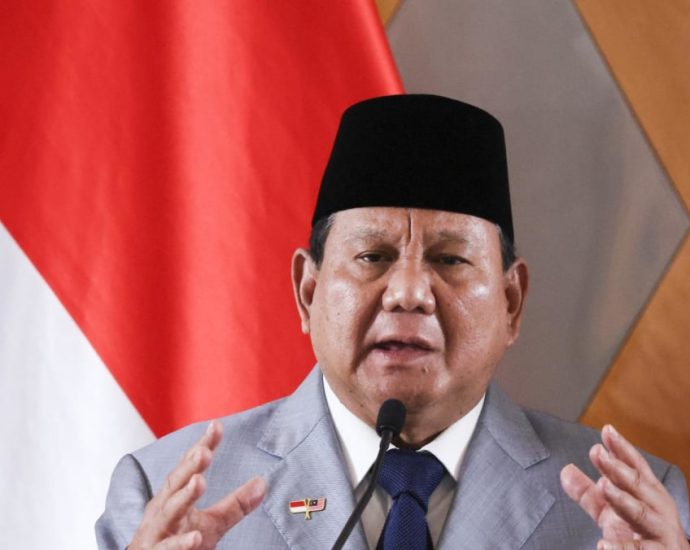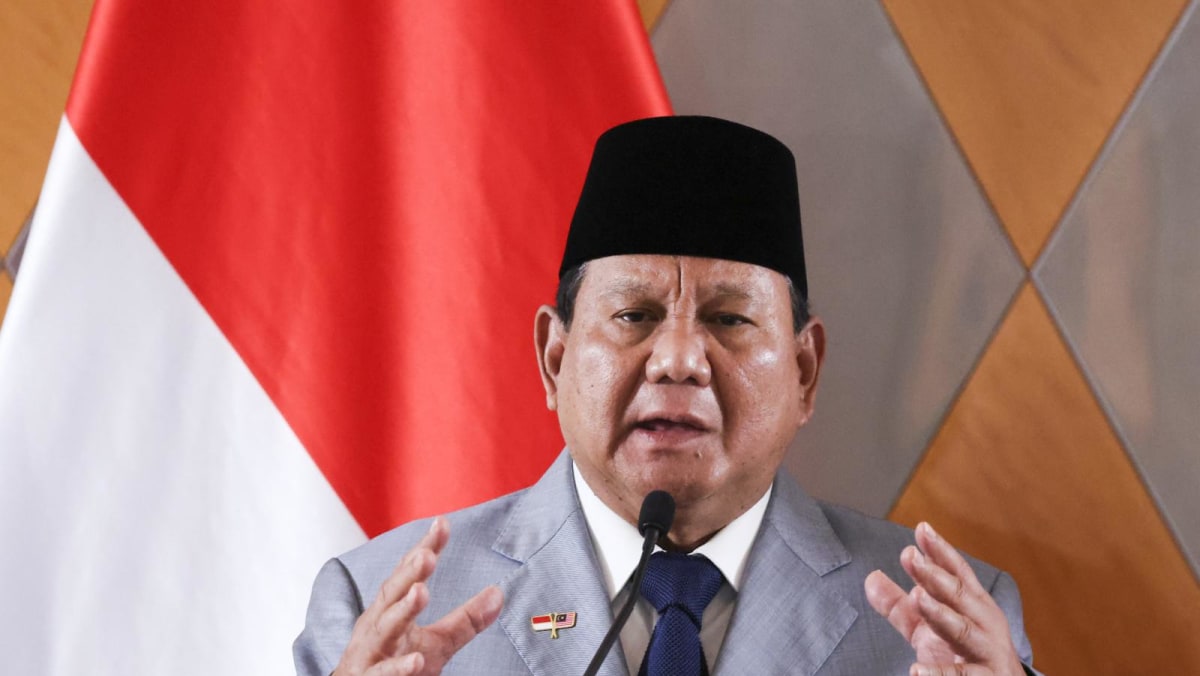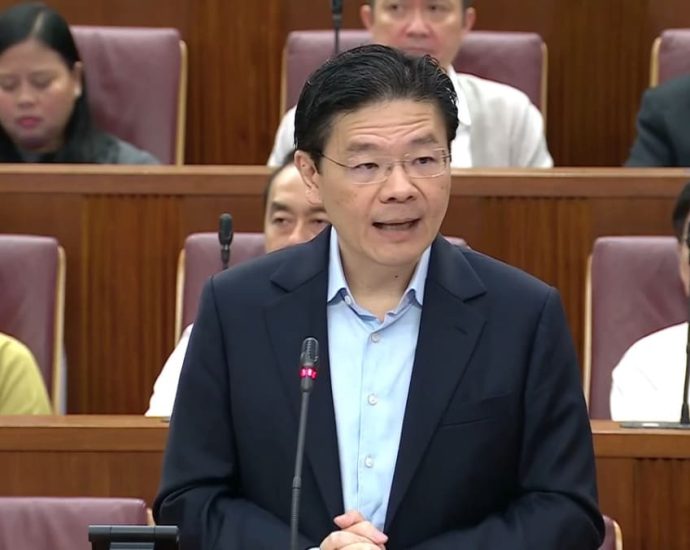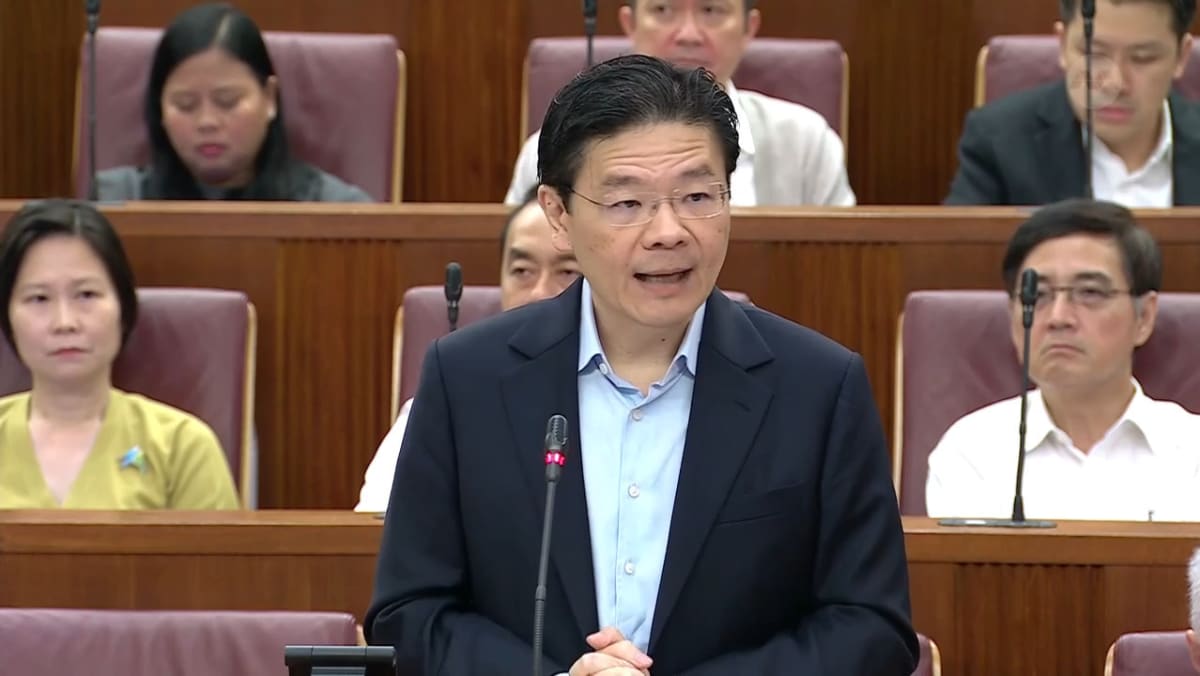Europe’s dangerous delusion of defense without the US – Asia Times
US President Donald Trump unceremoniously showed Ukrainian leader Volodymyr Zelensky the door following an acrimonious exchange at the White House on Friday. Trump’s angry words for Zelensky were televised for all of America to hear, and no doubt shocked many in the viewing audience.
“You’re gambling with the lives of millions of people. You’re gambling with World War III. You’re gambling with World War III,” Trump said. “You’re not winning. You’re not winning this. But you’re either going to make a deal or we’re out.”
Just as shocked as the American TV audience about Trump’s blunt “make a deal or you’re on your own message” were the US’s European allies and rushed to pledge their support for Zelensky and condemn Trump –moves and words they may soon live to regret.
European Union chiefs Ursula von der Leyen and Antonio Costa jointly tweeted: “Be strong, be brave, be fearless. You are never alone, dear President@ZelenskyyUa.”
Spanish Prime Minister Pedro Sanchez said: “Ukraine, Spain stands with you”; his Polish counterpart Donald Tusk wrote: “Dear [Zelensky], dear Ukrainian friends, you are not alone.”
Incoming German chancellor Friedrich Merz addressed a tweet directly to “Dear Volodymyr” and vowed to stand with Ukraine “in good and in testing times.”
Emmanuel Macron, Olaf Scholz and Keir Starmer chimed in with similar profundities.
Kaja Kallas, the EU’s chief diplomat and former prime minister of Estonia, outgunned them all: “Ukraine is Europe! We stand by Ukraine. We will step up our support to Ukraine so that they can continue to fight back the aggressor. Today it became clear that the free world needs a new leader. It’s up to us, Europeans, to take this challenge.”
Most of them were scheduled to meet the Ukrainian leader on March 2 in London for a summit on Ukraine organized by Prime Minister Starmer. Zelensky was set to be honorably hosted by King Charles III at his Sandringham country retreat.
As a welcome to London on Saturday, Zelensky was handed a 2.6 billion pound check (a loan), a down payment on the UK’s “standing with you as long as it takes to protect the integrity of your country.”
In a Nikkei Asia opinion piece, Trump’s peace initiative is portrayed as “forcing Kyiv to concede its occupied lands and deny its ambition to join NATO” and “closer to appeasement than clever dealmaking.”
In the same op-ed, Trump is compared to “British Prime Minister Neville Chamberlain [who] proclaimed that he had brought ‘peace for our time.’ But this ultimately led to the Nazis marching into Czechoslovakia in March 1939, and the outbreak of World War II. Similarly, Richard Nixon’s 1973 ‘peace with honor’ deal in Vietnam resulted in the fall of Saigon just two years later.”
Presumably, in this British-inspired charade (the Nikkei owns and channels the Financial Times), Zelensky is assigned the role of Churchill.
The only dissenting European voices were those of Hungarian Prime Minister Victor Orban who wrote: “Strong men make peace, weak men make war. Today President Donald Trump stood bravely for peace.… Thank you, Mr. President!
And of a man who may be worrying that he’ll lose his job, NATO Secretary General Mark Rutte, who told the BBC he had called Zelensky, said: “I said: I think you have to find a way, dear Volodymyr, to restore your relationship with Donald Trump and the American administration. That is important going forward.”
Which European stance and view will prevail? That is dictated by reality, not the will and delusional thinking of Eurocrats such as von der Leyen and Kallas or the leaders of the UK, France and Germany, just to pick the top three.
Trump’s basic peace plan, which specifies no NATO membership for Ukraine, territorial concessions and no NATO Article 5-type US security guarantees but relies on the repair of US–Russia relations and prospective new security structures for Europe, will either be implemented or there will be continued war ending in Russian victory or, should European NATO forces intervene directly, World War III as Trump has warned.
Europe today has no military forces capable of successfully confronting a full-scale Russian onslaught without reliance on the US military and the US nuclear umbrella, nor will it likely ever have such capabilities even with a sustained crash rearmament program.
Not even in the 1980s, when this writer served in the (West) German military, with its strength at its peak of 500,000 soldiers and 7,000 tanks, was the defense of Western Europe without the US ever so much as contemplated. Today, it’s a dangerous fantasy.
Germany’s authoritative Kiel Institute for the World Economy (IfW) released detailed studies proving the point in September 2024 (“Fit for war in decades: Europe’s and Germany’s slow rearmament vis-à-vis Russia”) and February 2025 (“Defending Europe without the US: First estimates of what is needed”).
The summary of the 2024 study states:
Germany did not meaningfully increase procurement in the one and a half years after February 2022, and only accelerated it in late 2023. Given Germany’s massive disarmament in the last decades and the current procurement speed, we find that for some key weapon systems, Germany will not attain 2004 levels of armament for about 100 years. When taking into account arms commitments to Ukraine, some German capacities are even falling.
For the record, Germany currently has 180,000 active personnel (61,000 in the army, 27,000 air force, 16,000 navy, remainder support staff); 350 main battle tanks compared with 2,398 in 2004; 120 howitzers compared to 978 in 2004; 218 combat aircraft compared to 423 in 2004. It is not capable at this time to field a single combat ready division of 20,000.
Other European NATO forces similarly lack manpower and equipment, with no early change in sight. That includes the UK. The UK Ministry of Defence last released detailed figures on the number of trained personnel in combat-ready roles in July 2024. British Army: 18,398. Royal Air Force: 21,915.
Meanwhile, the Russian military is expected to reach its target strength of 1.5 million by mid-2025, according to the International Institute for Strategic Studies. The only NATO member other than the US in the same general class is Turkey, with 511,000 under arms.
The Kiel Institute estimates that Europe would need an additional 300,000 troops and an increase of about $250 billion in defense spending to even begin to redress this sorry state of military affairs. The spending looks doable even in the near term; the manpower increase is not.
And the critically important role the US plays in NATO, planning, coordination and commanding large-scale multinational forces, will not be replaceable for many years. Nor will US real-time tactical intelligence and targeting capabilities.
It is hard to believe that even the most belligerent European leaders, grandiloquently speaking of “strategic independence” (such as Germany’s Merz) and of going it alone are not aware of these facts.
And the same Merz, so eager to launch German Taurus missiles against Russia, will likely think twice about such bravery if the US is not around to back him up.
Europe can dream about strategic autonomy after peace is made in Ukraine. But it has no military capability to defy or undermine the Trump peace plan. In reality, there is no other.
Uwe von Parpart is editor-in-chief of Asia Times.
















